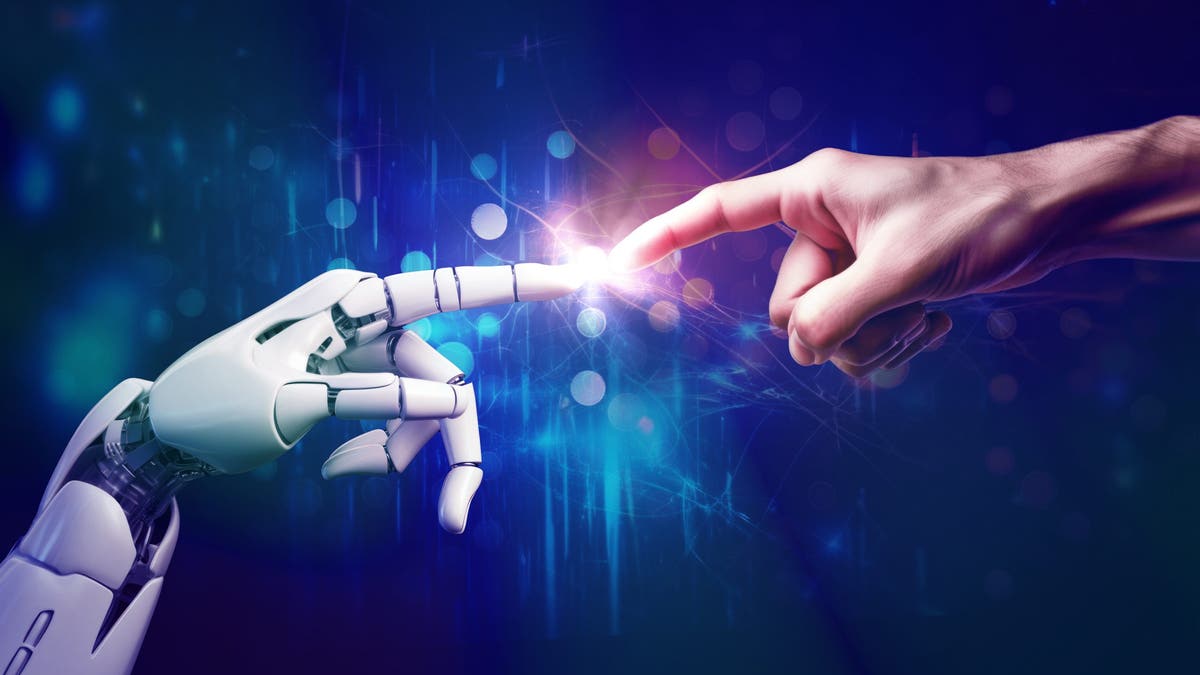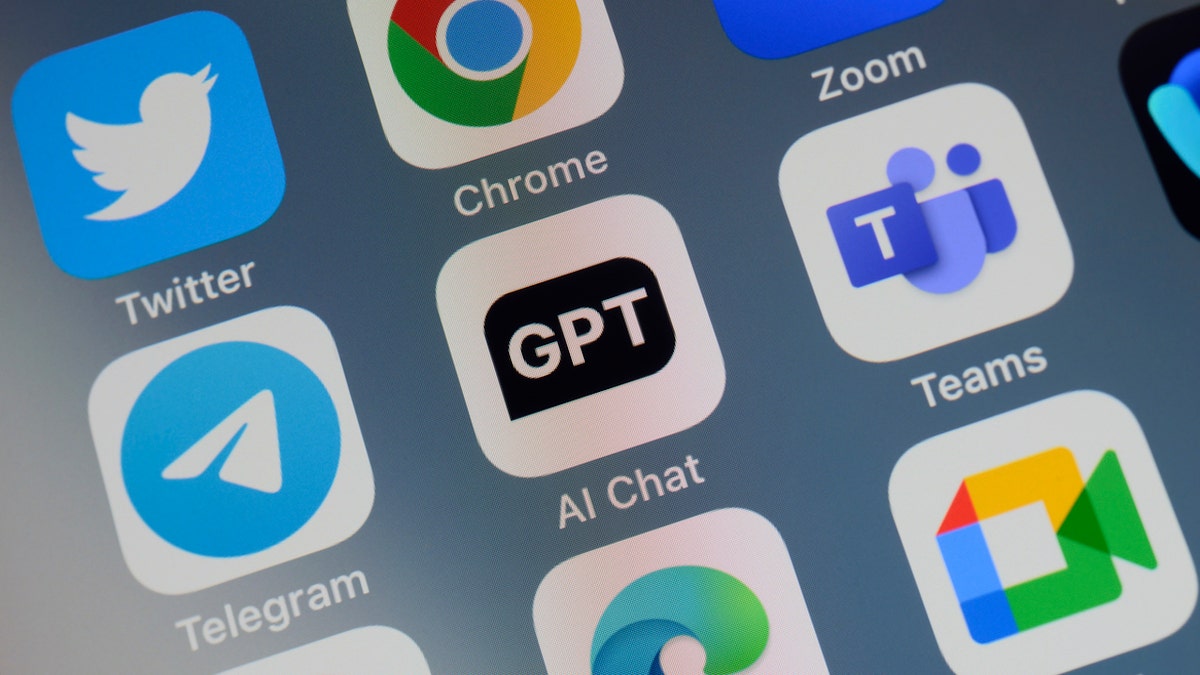

China is reportedly working to cognitively merge humans with machines as part of its ongoing efforts to compete in the artificial intelligence race.
The communist country is using brain-computer interface (BCI) technology — systems that allow for communication between the brain and an external device — to "augment human cognition and human-machine teaming," The Washington Times reported, citing a presentation from Georgetown experts delivered to U.S. officials.
AI ARMS RACE: US AND CHINA WEAPONIZE DRONES, CODE AND BIOTECH FOR THE NEXT GREAT WAR
These include invasive, minimally-invasive and non-invasive BCIs, according to The Washington Times.

China's national flag flutters on Pingtan island, the closest point in China to Taiwan's main island, in southeast China's Fujian province on December 11, 2024. (Adek Berry)
Invasive BCIs involve surgery to implant electrodes into the brain, while non-invasive BCIs use sensors on the scalp to monitor brain activity. Meanwhile, minimally-invasive BCIs involve implanting devices, but they do not penetrate brain tissue, according to a report in the National Library of Medicine.
FOX NEWS AI NEWSLETTER: AMAZING BREAKTHROUGH FOR PARALYZED MAN WHO CAN'T SPEAK
The U.S. has primarily focused on building up language models to develop AI technology. However, China is going against traditional thinking about how to achieve artificial general intelligence (AGI) — a type of AI that has the ability to perform as well as or better than a human being in cognitive tasks, according to William Hannas, lead analyst at Georgetown’s Center for Security and Emerging Technology.

A photo illustration of a robot and a human touching fingers. (iStock)
"There are all kinds of possibilities out there, but if you want human equivalent AI, you’re not going to get it just by increasing the parameters [of models]," Hannas told The Washington Times.
PARALYZED MAN SPEAKS AND SINGS WITH AI BRAIN-COMPUTER INTERFACE
Hannas, who formerly worked for the CIA, collected Chinese government documents that contained information about the country's AI funding plans for this year and last year. The plans include several brain-inspired AI approaches, The Washington Times reported.
Additionally, Chinese state-run media have quoted statements saying the future involves making AI a physical part of humans, according to the Washington Times.

Close-up of the icon of the ChatGPT artificial intelligence chatbot app logo on a cellphone screen. (iStock)
In 2018, two technologists working on brain-inspired approaches to AI were also recruited by Chinese officials, they told The Washington Times.
China’s innovation in artificial intelligence is "accelerating," Michael Kratsios, the director of the White House Office of Science and Technology, told Fox News Digital in April. But he maintained that the United States remains the world's dominant power in AI and the Trump administration's "promote and protect" strategy will solidify that standing.
Georgetown’s Center for Security and Emerging Technology did not immediately respond to Fox News Digital's request for comment.
